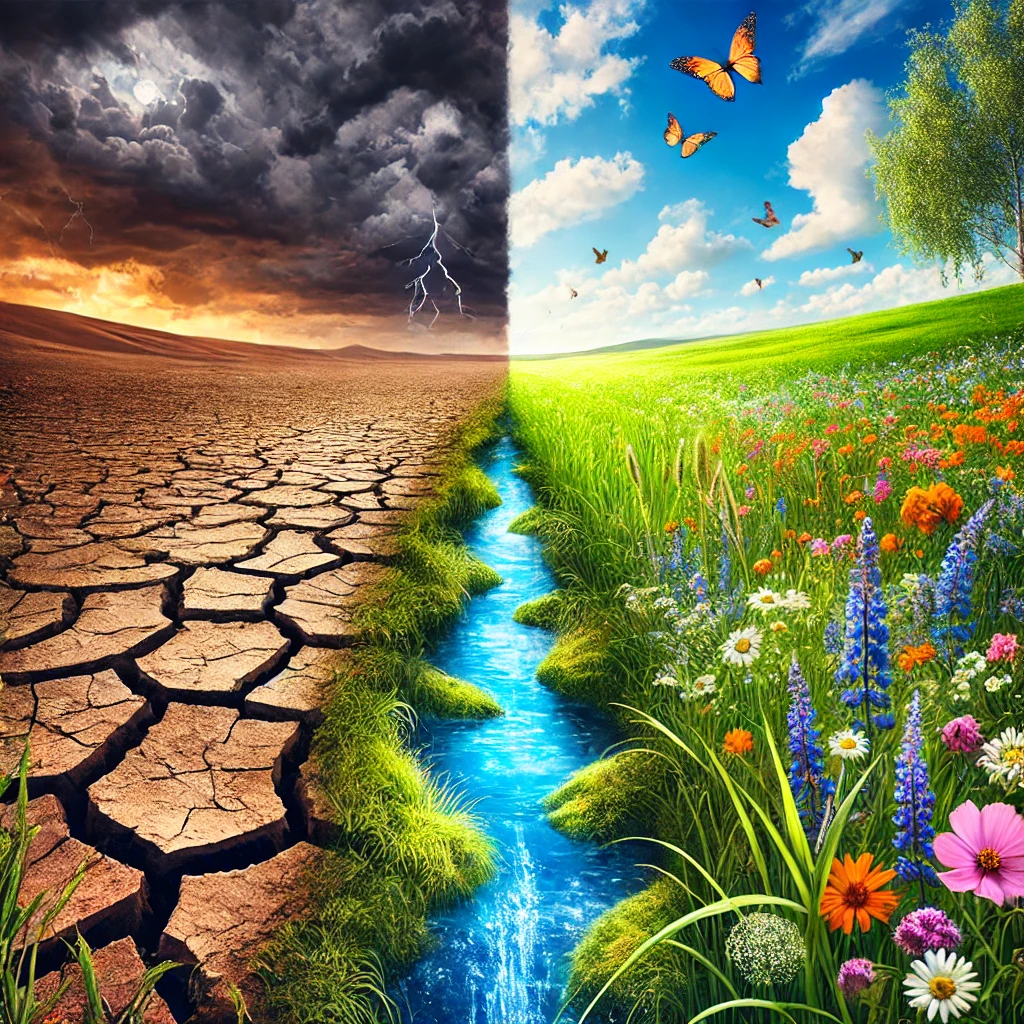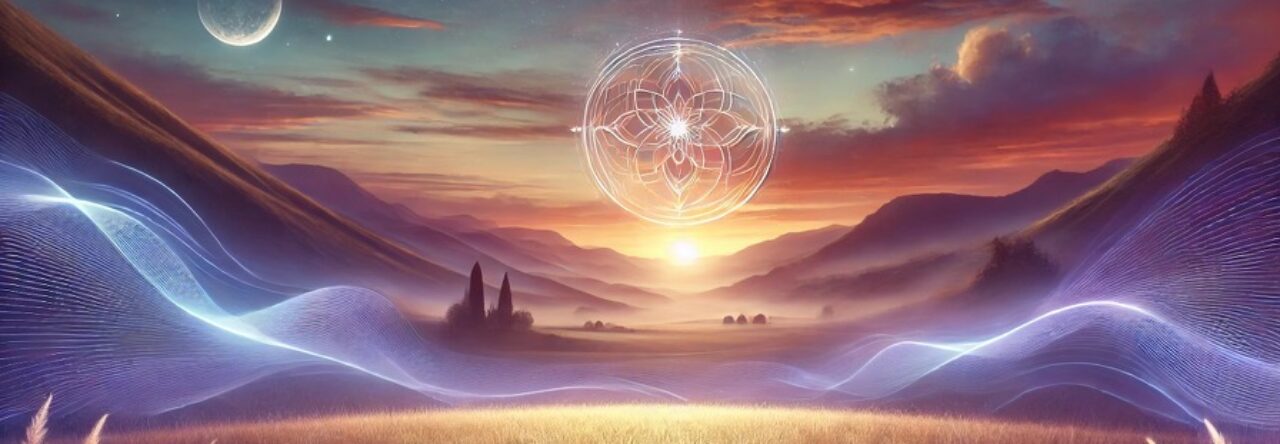
The Immigration Bill of 2006 has sparked much debate and discussion. But beyond the political arguments and policy disputes, this bill is a mirror reflecting something deeper within us. It reveals our collective fears and beliefs, especially the fear that the world we know is slipping away. And in the face of that fear, people often look for someone to blame—immigrants have become easy targets, but are they truly the root of our discomfort?
The Fear of Scarcity and Limitation
When we peel back the layers, this conversation about immigration is about more than just borders and policies. It touches on how we’ve been conditioned to view the world through a lens of scarcity. We’ve been taught to believe that there isn’t enough to go around—whether it’s resources, jobs, or security. This scarcity mindset drives fear and defensiveness, leading people to feel they must protect what they have, lest someone else take it away.
Is There Really Not Enough?
Our society has long operated on the assumption that for one person to gain, another must lose. This zero-sum game thinking fuels conflict in politics, business, and even our personal relationships. But what if this belief is just an illusion? What if there truly is enough for everyone?
Believing in lack makes us act from a place of fear. We build walls—literal and figurative—to keep ourselves safe. But ironically, these walls only reinforce the sense of separation and scarcity that we fear most. It’s time to question whether this belief in limitation is really true.
Beliefs Shape Our Reality
Our beliefs have the power to shape our experience. When we believe in scarcity, our reality seems to mirror that belief. But when we start to question these deeply held assumptions, we open the door to a new way of seeing the world. Reality is more flexible than we think, and by changing our beliefs, we change our experience.
So, what if the 2006 Immigration Bill is more than just legislation? What if it’s a collective trigger, forcing us to confront long-standing fears? It invites us to reflect: Are we really afraid of immigration, or are we afraid of change and the unknown?
Duality and Fear: The Game We’ve Been Playing
Our world is built on duality—the idea that for every winner, there must be a loser. This mindset has shaped human history, influencing our politics, economies, and relationships. But what if this duality isn’t the full picture? What if life doesn’t have to be a game of opposites?
Consider the possibility that we don’t need darkness to understand the light, or poverty to appreciate abundance. By challenging these old beliefs, we can start to see life through a lens of unity rather than division.
We Are Creators of Our Reality
This realization—that our beliefs shape our world—leads us to an even more profound understanding: We are creators. While this can feel intimidating, it’s also empowering. It means we are not victims of circumstance but powerful beings capable of shaping our reality.
Taking responsibility for our role as creators is a big step. It invites us to stop blaming external forces and start focusing on the reality we’re choosing to create. This isn’t just true on a personal level but extends to our collective experience.
Reflecting on Our Collective Choices
When we view the immigration debate through this lens, it becomes less about the policies and more about our shared beliefs. Are we willing to keep playing the game of lack and fear, or are we ready to create something new? The choice is ours.
What Kind of World Do We Want to Create?
Ultimately, this conversation is about more than just immigration. It’s about the kind of world we want to build. Do we want to live in a reality defined by scarcity and competition, or one rooted in abundance, unity, and love? These are questions worth pondering.
It’s time to step back, breathe, and reflect. What beliefs are we clinging to that no longer serve us? Are our fears grounded in reality, or are they echoes of old stories that perpetuate lack and limitation?
We have the power to shift our reality—from one of fear to one of love, from scarcity to abundance. The question is: Are we ready to make that shift?
